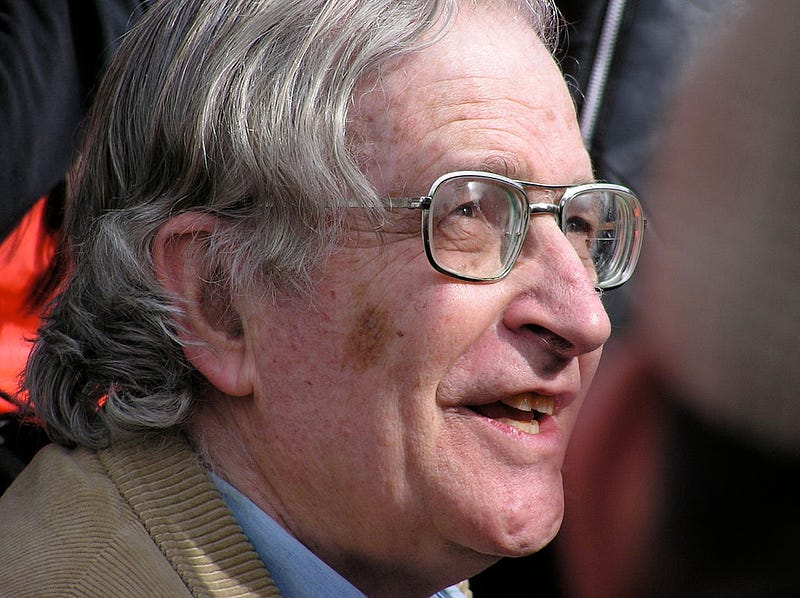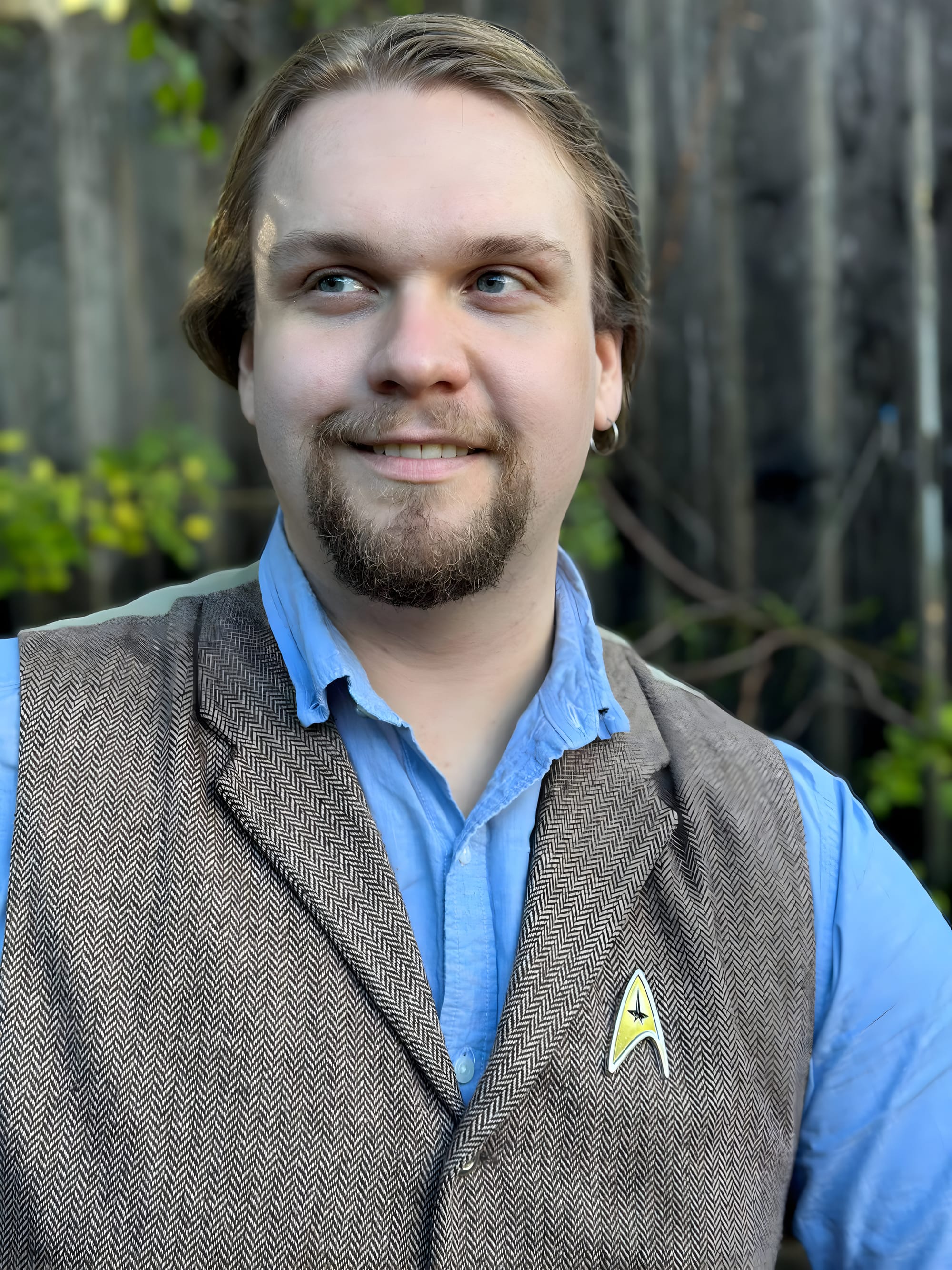Noam Chomsky is one of the most cited scholars alive today and his work has played a vital role in linguistic, cognitive sciences, philosophy, and politics
In the cult 2016 film Captain Fantastic lead character Ben Cash (Viggo Mortensen) lifts the mood when he celebrates “Noam Chomsky Day” early with his children. “Uncle Noam it’s the day of your birth!” the children sing; a rousing and hilarious chorus followed by cake.
The thing is, Noam Chomsky should be celebrated, and in an age of anti-intellectualism, this celebration becomes all the more important.
Why has this one man been awarded honorary doctorates from over a dozen universities internationally, had his name used as the eponym for a species of bee, and been voted the “world’s leading public intellectual?”
Born in 1928, to parents Chomsky described as “normal Roosevelt Democrats”, Chomsky became influenced towards socialism and unionization by relatives. By the age of thirteen, Chomsky considered himself an anarchist, having already read and extensively dissected political texts. He described his discovery of anarchism as a “lucky accident,” however, something that made him extremely critical of Stalinism and Marxist-Leninism. This same early enlightenment would later make him one of the foremost critics of capitalism as well.
In the 1950s, Chomsky’s work in linguistics revolutionized the field in a number of ways, including exploring how human creativity played a role in the formation of language. His work catapulted him into the academic limelight as he began to receive extensive recognition and accolades.
Then, in the 1960s, Chomsky gained further fame for his public protest of the Vietnam War. During this time he refused to pay half his taxes and publicly supported young men who refused the draft. His increasing left-wing activism made him a hated foe of the militaristic elite and he ended up on President Nixon’s “Enemy’s List” (actually his master list of political opponents which grew out of this) alongside many leading political, business, and academic leaders — as well as dozens of groups which Nixon believed were a threat to his power.
Then, in the late eighties, Chomsky began working alongside noted media scholar Edward S. Herman on a new theory of media, which they called “the propaganda model of communication. In this, they described the mass-communication media of the United States “are effective and powerful ideological institutions that carry out a system-supportive propaganda function, by reliance on market forces, internalized assumptions, and self-censorship, and without overt coercion.”
Chomsky’s essential point from there on out remained that citizens of a democratic system needed to undertake “intellectual self-defense” against both media and intellectual culture. In order to promote a strong and functional democracy, the citizens would need to be capable of educating themselves, of discerning the propaganda inherent in the systems that surrounded them, and of seeking out their own intellectual growth and expansion.
As we move into the final years of the first quarter of the twenty-first century, it becomes more important than ever that the citizens of our increasingly connected world learn to do exactly what Chomsky championed so strongly in his initial work, and continues to champion today. His political work has done more to bring about a positive social change in the world than just about any single intellectual in the last century, and that’s not evening counting his brilliant revitalization of the field of linguistics and philosophy.
In an age where media is consumed at incredible rates by average people the world over, it is vital that we celebrate the work of a man who helped us understand what modern media is and how it functions. Chomsky’s work has given us a place to stand in the defense of our minds and the broadening of our social visions. Happy birthday, Uncle Noam.

